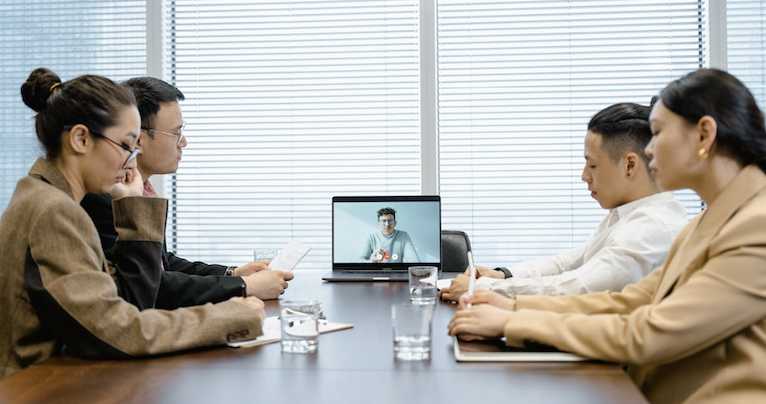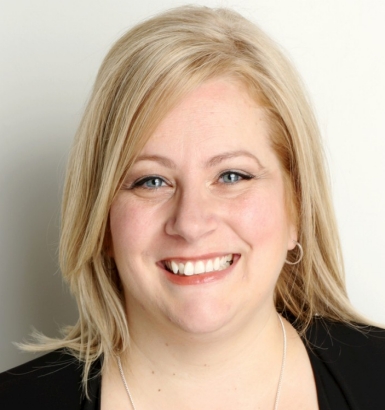A perfect example is the traditional phone call.
“It's a lost art to a certain generation and it's completely unknown to a younger generation,” she says. “Some people are mortified by phone calls, while others thrive on that personal connection. You have to learn who needs what.”
How to reach who, for what reason, by what medium and during which hours, Fewer notes, may not be instinctual but it doesn’t take elaborate training to learn.
This adaptability extends to managing interns and employees across different time zones, industries, and levels of experience.
At the same time, Fewer recognizes the challenges of performance management in remote settings. What she calls “social pressure,” such as being physically present in an office, can no longer be relied upon to enforce accountability.
Leaders must address performance gaps directly and transparently, which Fewer acknowledges can be intimidating but essential.
“Those tough conversations don’t go away,” she says. “They’re just happening in new ways now."
Empathy, transparency and reality
A recurring theme in Fewer’s leadership philosophy is empathy, a trait she believes was democratized during the pandemic.
“COVID put everyone on the same level,” she recalls. “Leaders and employees alike were juggling kids crawling in the background, isolation, and unprecedented challenges. It gave us a chance to show transparency and humanity.”
Fewer’s approach to teaching leadership development mirrors this mindset. Her seminar-style courses encourage open dialogue, mutual learning, and an acknowledgment that no one has all the answers.
“Fifteen years ago, I’d have felt embarrassed if I didn’t immediately know the answer to a question in a class. Now, I see it as an opportunity to collaborate and learn together,” she admits candidly.
Leading the path forward
As organizations continue to grapple with hybrid work models, evolving employee expectations, and rapid technological advancements, Fewer emphasizes the need to act with intention.
“Leadership today isn’t about perfection. It’s about building an environment of trust, adaptability, and continuous learning,” she says.
Looking ahead, Fewer urges leaders to embrace uncertainty as a catalyst for growth.
“We’re not going back to the old ways,” she concludes. “Leaders need to be transparent, empathetic, and willing to adjust their sails with every new challenge. That’s the only way forward.”



 Business instructor Wendy Fewer
Business instructor Wendy Fewer